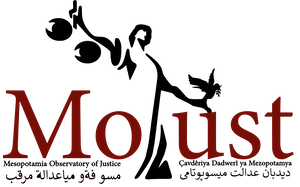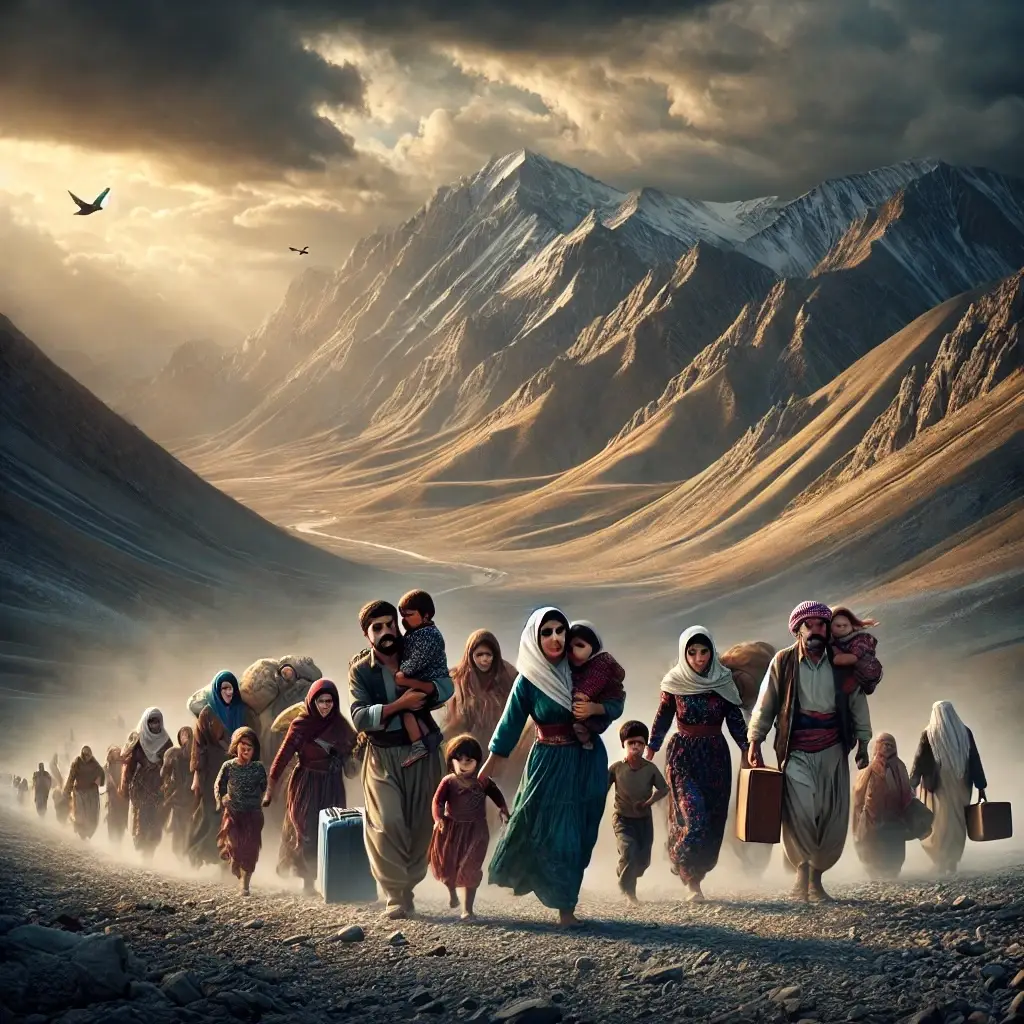Today, we solemnly commemorate the ninth anniversary of the horrific genocide committed by ISIS against the Êzîdî community in the Sinjar region of Mosul on August 3, 2014. This relentless attack resulted in the death of thousands of Yazidis Kurds, while an estimated 6,410 people, primarily women and children, were captured.
MESOPOTAMIA OBSERVATORY OF JUSTICE COMMEMORATES THE ÊZÎDÎ GENOCIDE AND CALLS FOR UNIVERSAL RECOGNITION AND RECKONING WITH HISTORY
Since the 19th century, the Middle East has been the stage for numerous genocides, often due to religious or ethnic differences. Regrettably, there has been a lack of reckoning with this brutal history, enabling the recurrence of such inhuman acts. The Êzîdîs (Yazidis), due to their unique faith, have historically been subject to 74 documented genocidal massacres, culminating in the recent genocide by ISIS.
Confronting these painful episodes of history is not merely an academic exercise, but an ethical necessity. A failure to recognize and learn from past atrocities only perpetuates a cycle of violence and increases the risk of future genocides. In particular, states within the regions inhabited by the Êzîdî people bear a significant responsibility in this regard.
We, the Mesopotamia Observatory of Justice, call upon the international community and particularly the nations of the Middle East, to acknowledge the Êzîdî genocide unequivocally. A handful of countries, primarily in Europe, have recognized the Sinjar massacre as a genocide. However, a broader global recognition is crucial to prevent such atrocities in the future and to hold the perpetrators accountable.
On this somber day, we remember the victims, survivors, and communities affected by the Êzîdî genocide. We pledge our ongoing support to the Êzîdî people and reaffirm our commitment to seek justice for this horrendous crime against humanity.
We urge all nations to stand in solidarity with the Yazidi community, to confront their historical realities, and work towards a future where no group is subject to such atrocities due to their race, religion, ethnicity, or nationality.
Mesopotamia Observatory of Justice


